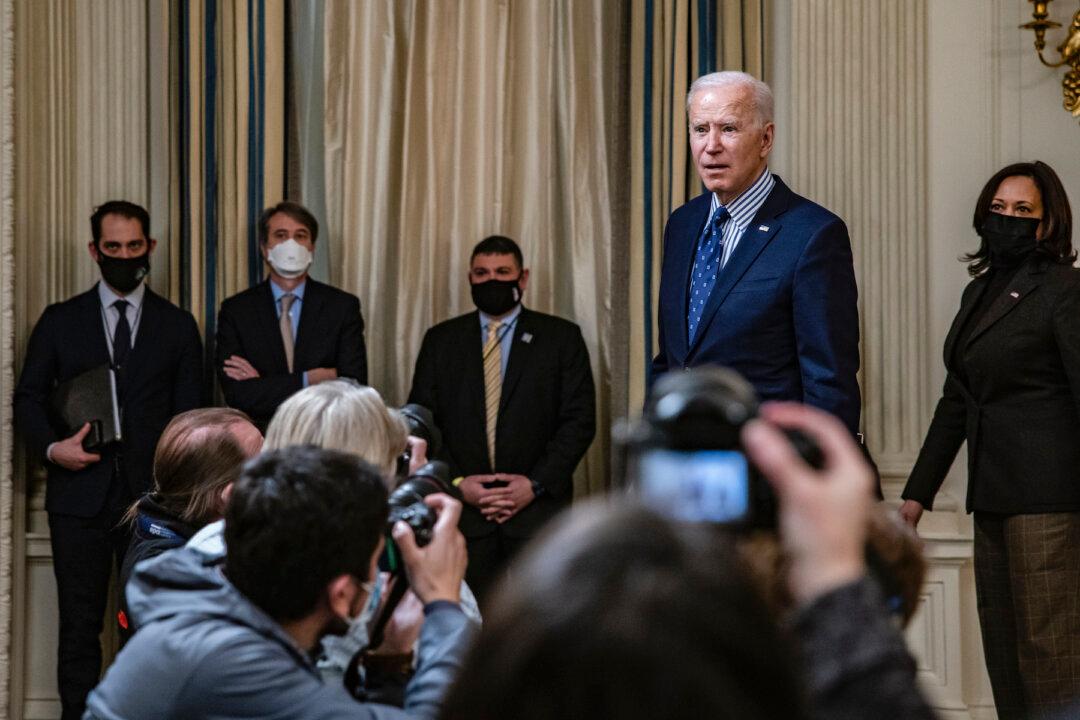WASHINGTON—The Biden administration has signaled that it could introduce gradual tax increases to help pay for spending initiatives, drawing criticism from Republicans who worry that the tax hikes would hurt the economy.
As part of his campaign promise, President Joe Biden proposed raising the federal corporate tax rate to 28 percent from the current 21 percent. And Treasury Secretary Janet Yellen in February indicated that the tax increases “would probably phase in slowly over time” and would help pay for Biden’s big-spending agenda to be proposed later this year, including investments in infrastructure, clean energy, and education.





